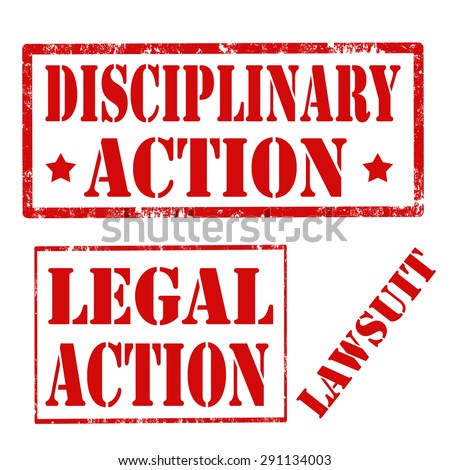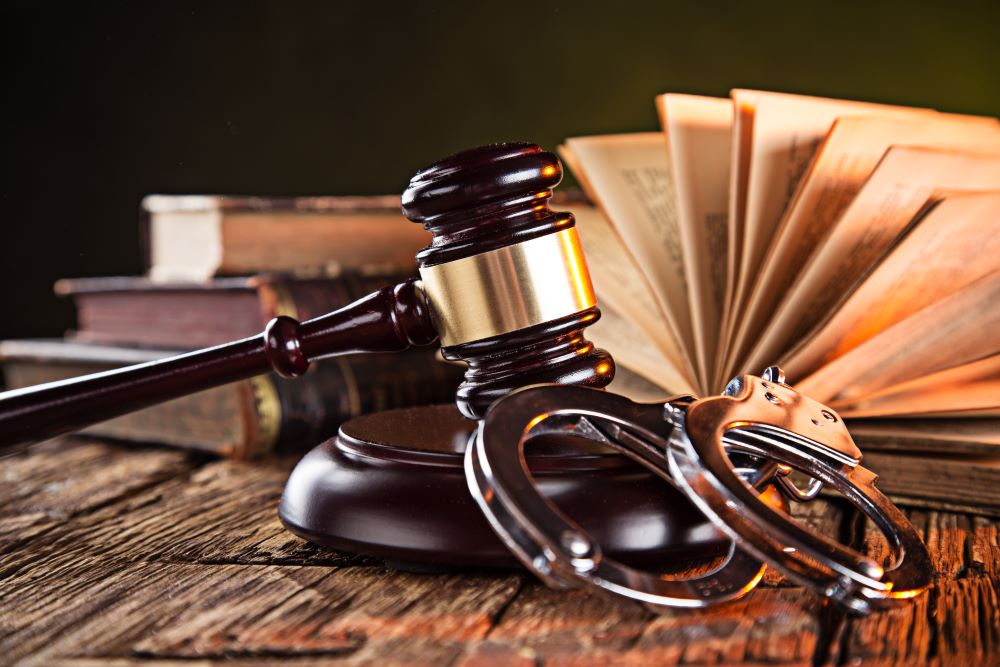Judge Punts On Jurisdiction
Last night, US District Judge Carl J. Nichols did former Trump chief of staff Mark Meadows a solid and punted on his lawsuit to block the January 6 Select Committee subpoenaing his phone records and making him testify. Instead of reaching the pertinent issues, the court instead dismissed the case for lack of subject-matter jurisdiction, holding that the entire claim is barred by the Speech or Debate Clause.
It’s an odd position for the court, since neither of the parties raised legislative immunity. And yet Judge Nichols asserted it sua sponte, tut-tutting at the Congressional defendants’ failure to assert their rights, hinting that they were attempting to have their cake and eat it, too, keeping Speech or Debate defenses in their back pocket to assert on appeal in case of an adverse holding by the District judge.
“The Congressional Defendants surely hope for a ruling in their favor on the merits, and in pursuit of that ruling they appear willing to cast jurisdictional constraints aside,” he sniffed, adding that, “Because the parties’ position is at odds with decisions of the Supreme Court and the Court of Appeals recognizing the immunity as a limitation on the Court’s power, the Court concludes that it can—and must—address the question even absent invocation by the Defendants.”
“Without a clear renunciation of the immunity, the Court cannot proceed to assess the merits of the claims against the Congressional Defendants, despite their desire for a favorable decision,” he concluded.
And so, finding that “the subpoenas (and therefore Meadows’s claims challenging them) are covered by the Speech or Debate Clause” and thus “the challenged subpoenas are protected legislative acts,” Judge Nichols promptly dismissed the case.
Which was mighty convenient for Mark Meadows, since it meant the court never got around to addressing his claims of executive privilege over things which were clearly not official acts, such as organizing the rally at the Ellipse, coordinating with the Trump campaign to foment lies about electoral fraud, pressuring the Georgia Secretary of State to throw out Democratic ballots, and huddling up with House Republicans to plan to send the crowd from the Ellipse to Congress itself.
The court did reject Meadows’s arguments about the invalidity of the January 6 Committee and accusations that it lacked a legitimate legislative purpose. Presumably this means that the committee can still attempt to enforce the subpoena on Verizon for Meadows’s pen register data. But Meadows is likely to appeal, which will effectively run out the clock on enforcement if and when Republicans take back the House and pivot to investigating Hunter Biden Laptopghazi 24/7.
Not with a bang, but with a whimper …
Meadows v. Pelosi [Docket via Court Listener]
Liz Dye lives in Baltimore where she writes about law and politics.



